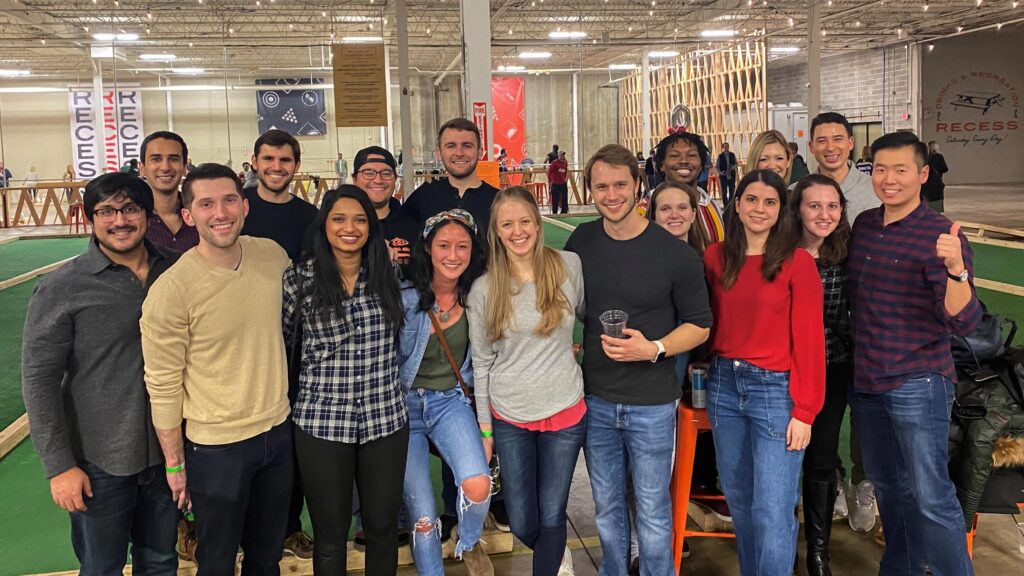Every crisis also produces opportunity, including residency applications and interviews.
Just like every other aspect of life in 2020, residency applications and interviews will be affected by COVID-19. All of the major medical training organizations have endorsed a policy of not allowing visiting sub-internships and recommending remote interviews for all residency and fellowship programs across the US. Thus, otolaryngology residency programs face the same challenges of how to become acquainted with and select potential residents through virtual interviews.

Resident Education
Our program met this challenge by hosting a series of three live virtual events on Zoom called “Taste of WashU ENT,” which are all recorded and available for viewing on our department’s YouTube channel.
- The first event, held on July 28, provided an overview of the residency program led by department leaders and faculty.
- The second event, held on Aug. 26, highlighted residency life and training, led and narrated by the residents.
- Our final live Zoom event, on Sept. 23, discussed the T32 physician-scientist training program and what it offers to trainees. Current T32 trainees and alumni joined Jay Piccirillo, MD, in the presentation and discussion.
Nearly 150 participants registered for the live events, and another 200 viewers have watched the recording of our events on YouTube. This compares to a maximum of 9 sub-interns per year that we have hosted from various medical schools across the country.
The COVID shutdowns actually gave our program the opportunity to display the character and camaraderie of our residents and department, and the strengths of the clinical and research training we offer, to many more students than we would typically reach with direct in-person contact.
Judith Lieu, MD,
Interviewing remotely is expected to be an interesting experience in practicing interpersonal skills over a computer screen. However, we can lean on the experience that the head & neck cancer and neurotology fellowships have acquired in using Zoom to conduct their interviews. We expect that continuing to have multiple faculty interview the applicants will provide insight into who will be excellent future residents for our program.
I am particularly excited in a new initiative that the otolaryngology resident programs will be using this year, called ‘preference signaling’. Introduced by graduate programs in economics, preference signaling gives applicants a limited number of ‘signals’ to tell programs that they have a special interest in their program. For otolaryngology, medical student applicants will have up to five signals that they use to notify five programs about their special interest in that program. This will help us determine who among a crowded field of superb candidates would really want to come to our program.
